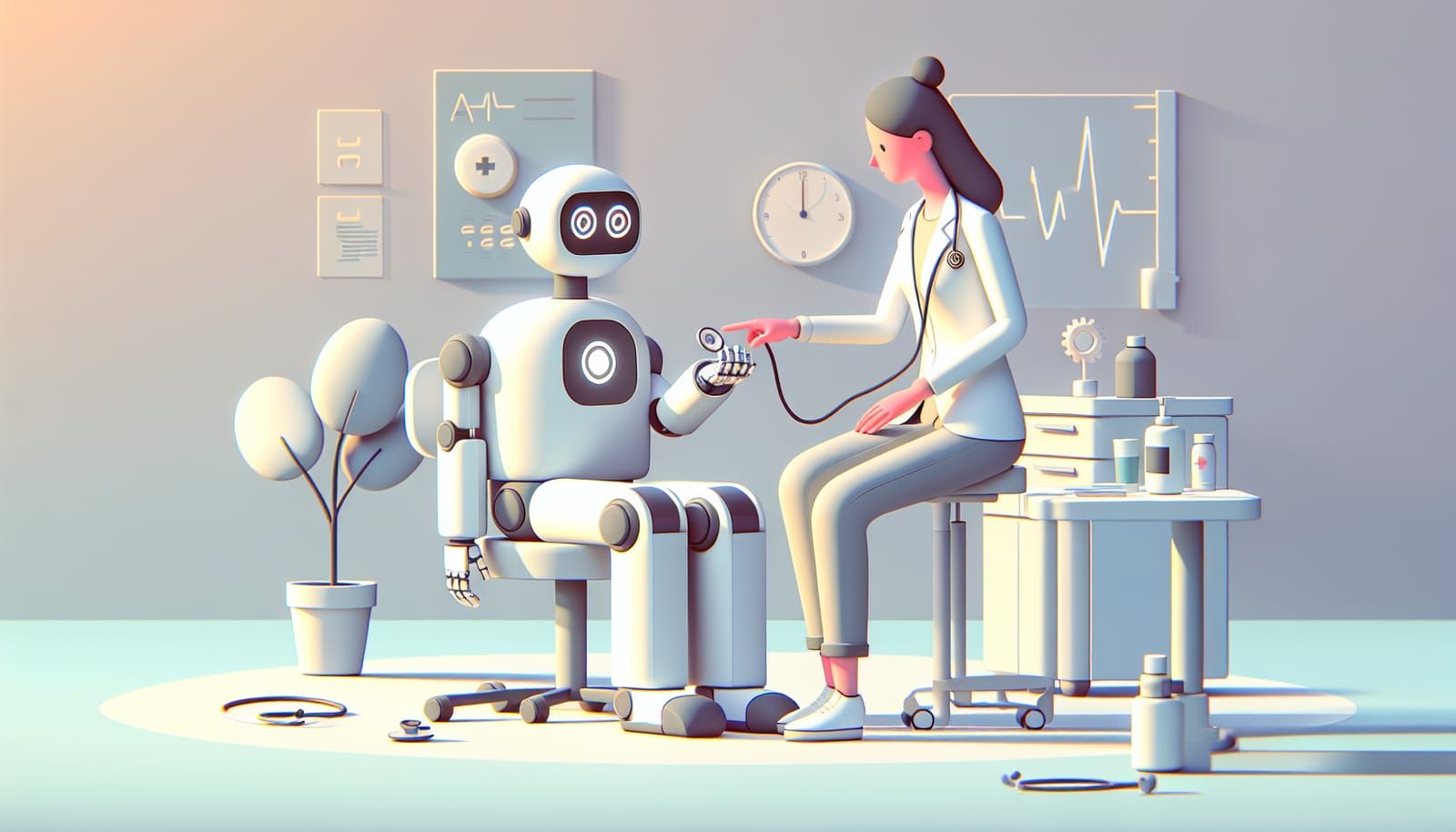The future is always shrouded in a bit of mystery, but one thing is clear: the rise of Artificial Intelligence (AI) is set to change the landscape of work dramatically. As we look ahead to the next decade, we must consider how jobs will evolve and what skills will be essential in a world intertwined with AI technology. This article will explore these changes and help you understand what the future might hold for the workforce.
Understanding AI: A Quick Overview
Before diving into the future of jobs, it’s essential to grasp what AI is. Simply put, AI refers to computer systems designed to perform tasks that usually require human intelligence. These tasks include understanding language, recognizing patterns, solving problems, and even making decisions.
AI is already present in our lives, from virtual assistants like Siri and Alexa to recommendation systems on Netflix and Amazon. As AI technology develops, it will become even more integrated into our daily work.
The Transformation of Jobs
The way we work is changing, and it is driven largely by AI. In the next ten years, we can expect to see several transformations in the job market:
1. New Job Categories
AI will create new jobs that we can hardly imagine today. Roles such as AI ethicists, who ensure AI systems are fair and unbiased, or data curators, who organize and maintain data for AI systems, will likely become commonplace. Additionally, jobs related to AI maintenance and development will see significant demand.
2. Enhanced Job Roles
Many existing jobs will evolve rather than disappear. AI can handle repetitive tasks, allowing workers to focus on more creative and complex aspects of their roles. For instance, in healthcare, AI can analyze medical data to assist doctors in diagnosing diseases more accurately, leaving the doctors free to spend more time with patients.
3. Increased Collaboration Between Humans and AI
In the future workplace, collaboration between humans and AI will be the norm. Imagine a world where you have an AI assistant helping you draft emails or manage projects. This partnership can enhance productivity and creative output, effectively blending human intuition and machine efficiency.
Skills for the Future Workforce
As the job landscape shifts, so too will the skills needed for success. Here are some essential skills workers will need to thrive in an AI-driven environment:
1. Technical Skills
Understanding how AI works will be crucial. Skills in programming, data analysis, and machine learning will be in high demand. However, you don’t need to be a computer whiz to succeed; there are many resources available for learning these skills online, often for free!
2. Soft Skills
While technical skills are important, soft skills like creativity, emotional intelligence, and communication will become even more vital. These skills are uniquely human and will help individuals work effectively alongside AI systems.
3. Adaptability
The ability to adapt to change will be a cornerstone of the future workforce. As AI continues to evolve, so will the tools and processes we use. Being open to learning new skills and staying informed about technological advancements will be key to career longevity.
The Impact of AI on Various Industries
Different industries will experience the effects of AI in unique ways. Here’s a glimpse into how AI might reshape some sectors:
Healthcare
In healthcare, AI could revolutionize diagnostics and treatment plans. Imagine AI systems analyzing medical histories and recommending personalized treatment options. This can lead to better patient outcomes and more efficient healthcare services.
Education
AI has the potential to personalize education. With the help of AI, platforms can adapt learning materials to suit individual student needs, making education more effective. Teachers will have more time to focus on engaging with students rather than grading papers or managing administrative tasks.
Manufacturing
In manufacturing, AI can optimize production processes, predict maintenance needs, and even manage supply chains. This will lead to increased efficiency and reduced costs. While some manual jobs may diminish, new roles focused on overseeing AI systems will emerge.
The Role of Education and Training
To prepare for these changes, education systems must evolve. Schools and universities will need to integrate AI and technology training into their curriculums. Lifelong learning will become a necessity, with workers encouraged to pursue continuous education and skills development throughout their careers.
1. Emphasizing STEM
Science, Technology, Engineering, and Mathematics (STEM) education will become increasingly important. Encouraging children to engage with these subjects from a young age will help cultivate a workforce ready to tackle the challenges of the future.
2. Fostering Creativity and Critical Thinking
Alongside technical skills, education must focus on creativity and critical thinking. These skills will be essential in a world where AI handles routine tasks, allowing humans to innovate and solve complex problems.
3. Promoting Digital Literacy
Understanding how to navigate digital tools will be crucial. From basic computer skills to advanced data analysis, equipping future generations with digital literacy will empower them to thrive in an AI-driven world.
Conclusion: Embracing the Future
The future of work with AI is bright and filled with possibilities. While change can be daunting, it also brings opportunities for growth, innovation, and collaboration. By embracing new technologies and adapting our skills, we can shape a workforce that works alongside AI rather than being replaced by it.
As we look forward to a decade of transformation, one thing is clear: the jobs of the future will require a blend of technical expertise, creative thinking, and adaptability. By preparing today, we can ensure that we are ready to meet the challenges and opportunities that AI presents in the coming years.
Whether you’re a student just starting your career journey or a seasoned professional looking to adapt, remember that the future is not something we enter; it’s something we create. Let’s step into this exciting new world together!


